In the wake of the military coup on February 1st, 2021, the initial moves by senior officials, spearheaded by the commander of the 55th Brigade and the head of the Command & General Staff College located in Kalaw, included a request for a meeting with the director of the land registration department in Kalaw township.
Even before the emergence of anti-2021-coup protests and the word Civil Disobedience Movements, the military generals and officers were already expressing discontent regarding their residential situation. They approached the staff officer of the land registration department, to acquire their lands.
Looking back before 1988, the town of Kalaw didn’t have many cars or motorcycles. You rarely heard the noise of engines. There were less than ten old cars from World War II and a few BSA motorbikes.
For the local residents, owning land used to be a straightforward process—they could clear nearby forests for farming on their own.
When military rule took hold after the 1988 uprisings, Kalaw underwent a transformation into a military-controlled town. The avaricious and unwise military officers in charge began to savor the taste of power and the realization that they could amass wealth and money through their positions of authority.
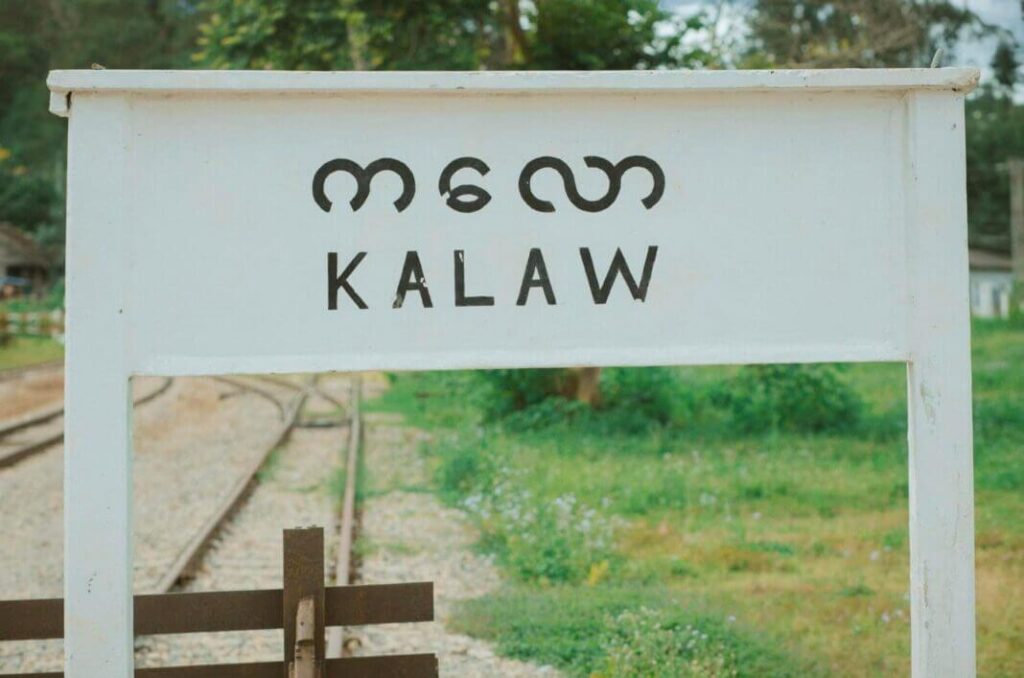
The British laid the foundation for the city with meticulous planning, employing experts to establish a systematic water distribution system and set aside watersheds to prevent floods. Public lands were conserved for future use. However, since the beginning of military rule in 1988, military officers and generals have targeted both the lands within and outside the town. They have seized and claimed these lands as their own by issuing land ownership certificates as they see fit.
A Kalaw resident mentioned, “The current location of the USDP office used to be a water reservoir, playing a vital role in controlling town flooding. There were three interconnected water control reservoirs. One was acquired by the USDP, another was allocated to Sao Aung Myat, the former Chief Minister of Shan State, and the third one was assigned to the Myanmar Communication department. Consequently, during the rainy season, the Kalaw River overflows.”
Tourism in Kalaw developed during the later period of SPDC’s rule led by General Than Shwe. The surge in tourism caused land prices in Kalaw to rise significantly, and many individuals/wizards sought to convert public lands into private properties by obtaining land ownership certificates.
The initial private housing zone in Kalaw, known as Lwin Moe Hill in In-Pyin village, was initially farmland owned by local residents. However, during the rule of the State Peace and Development Council (SPDC) in 2004, General Mya Win, the principal of the Military Command & General Staff College in Kalaw, confiscated this land.
Under the USDP government in 2013, as land demand and prices surged, approximately thirty acres of land legally owned by eleven local farmers underwent a transfer of ownership certificates to General Mya Win. Subsequently, the land was sold to the actor Lwin Moe. The area was then developed into a housing project known as “Kalaw Garden Paradise,” though the locals commonly referred to it as the Lwin Moe Housing Project area.
Similarly, on the opposite side of Lwin Moe Housing, just across the railway, land surrounding the hill owned by local farmers was seized for the construction of Grand Hill Garden Residence or Thaung Shwe Housing. This land was sold as private property by U Thaung Shwe, who had been elected as a member of the state parliament from the USDP in 2010 during the election period.
Furthermore, U Taung Shwe acquired the farmland areas utilized by local residents situated between Ward (7) and the Kalaw Myo Ma cemetery. Subsequently, he transformed these areas into a housing project named “Lavender Hill Villa.” Additionally, he confiscated the hill adjacent to the cemetery and is presently in the process of developing it into a residential area, marketing the housing project as “Maple Cabin Villa.”
Around the same timeframe, more than 20 acres of plantation land cultivating oranges and avocados, owned by five local farmers in Myin Ka village, north of Kalaw, were seized. Fifteen individuals arrived to destroy all the crops and plantations, asserting it was done under the order of the deputy Director of the Communication Department. The confiscated area was subsequently developed into a housing project named “Kalaw Villa.”
All four housing projects were established on land seized from local farmers, who were the legal owners, during the tenure of the military-backed USDP government in 2013. Despite the local people filing complaints about these cases, their concerns were disregarded by the authorities. Moreover, they faced threats of imprisonment if they persisted in raising objections about the situation. Eventually, the local residents of Kalaw felt compelled to give up their efforts in seeking justice.
“No actions were taken, despite the numerous complaints from locals. The issue continued to remain unaddressed during the rule of the civilian party NLD as well. Now, the situation is worsening; they can do whatever they want. Even community forest land is now being utilized for housing projects,” lamented a local from Kalaw actively involved in environmental protection.
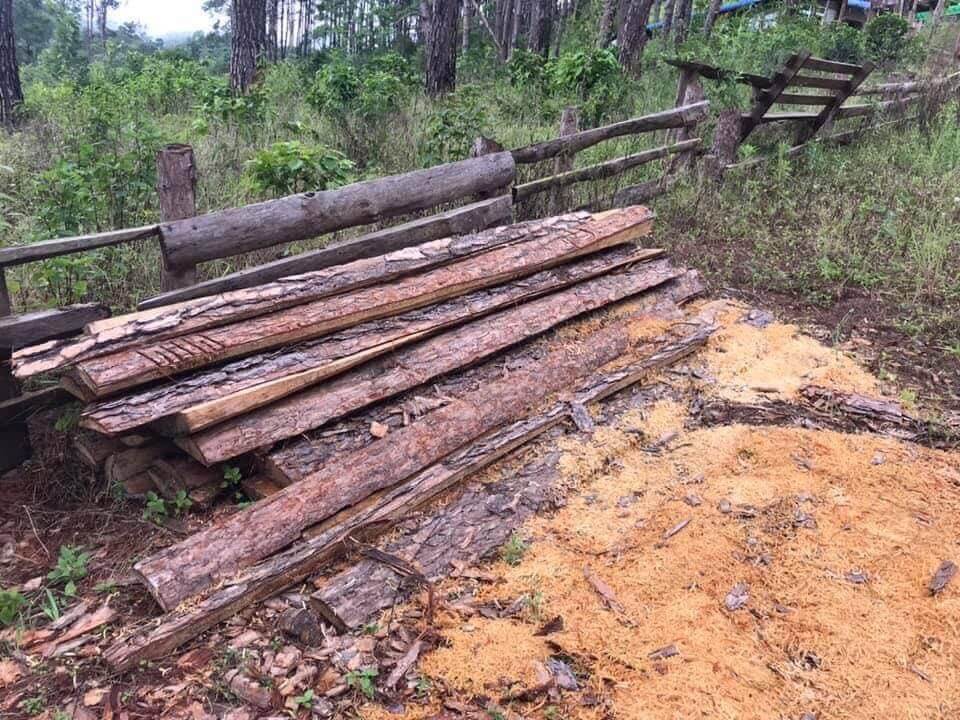
The town has suffered aesthetically due to injustices like the forced confiscation of lands for housing projects and unlawful sales orchestrated by generals and their associated cronies.
Despite efforts by the NLD government to address these issues, the locals point out that only some ordinary civilians who constructed houses on forest land were prosecuted. The deeper injustices carried out by the generals and their associates remain unsolved.
During the NLD government’s five-year rule, locals say they managed to stop more land grabbing and confiscation. They also mention that the illegal cutting of pine trees was prevented.
“A significant part of the pine tree plantation was taken for housing projects by the military generals and their associates during U Thein Sein’s quasi-military government. However, many forest areas recovered due to the NLD’s careful forest monitoring policy, which helped curb illegal logging. Sadly, the forest is now being destroyed once again,” expressed a local resident of Kalaw.
Now, there is less vacant land available, and most of what remains belongs to the community forest. However, housing projects attached to these community forests or forest areas are trying to expand and sell them as private property, according to the locals.
Presently, a new housing project, involving several military generals as shareholders, is being planned in In-Pyin Village on the opposite side of the main road across from Lwin Moe residential area, near Htin Yanant elderly care home in the forest land area. The construction of a new road for this project is currently underway.





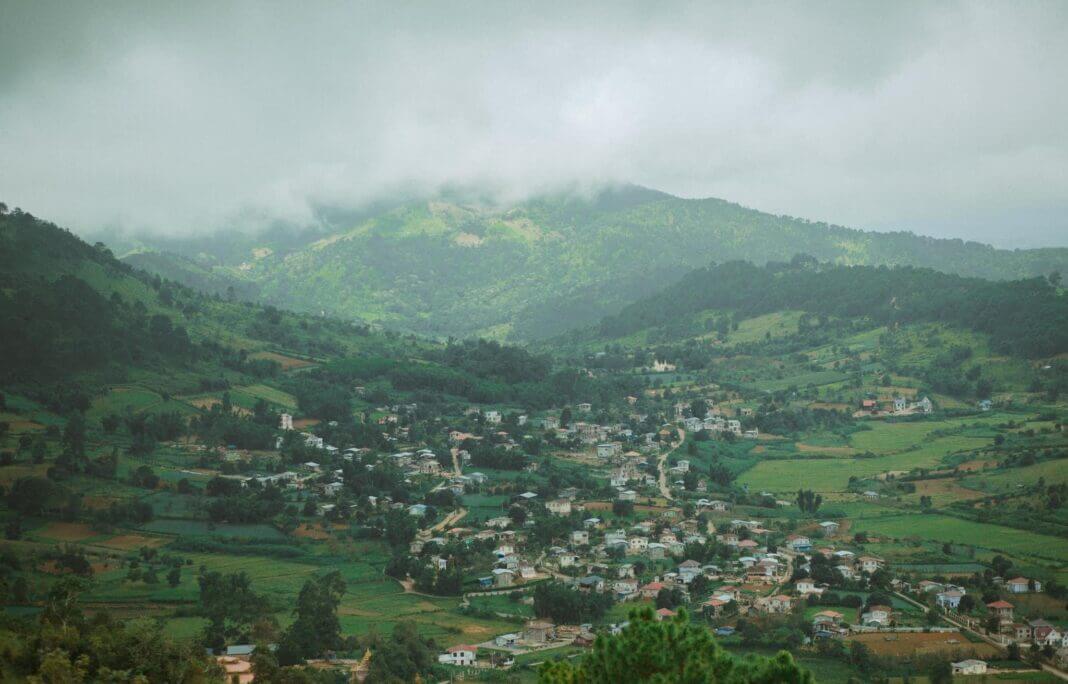
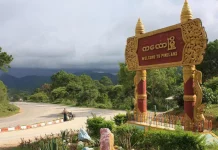
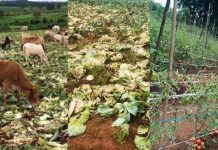
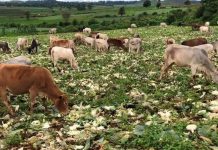
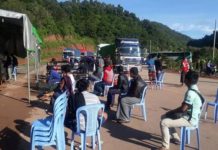






Leave a Comments